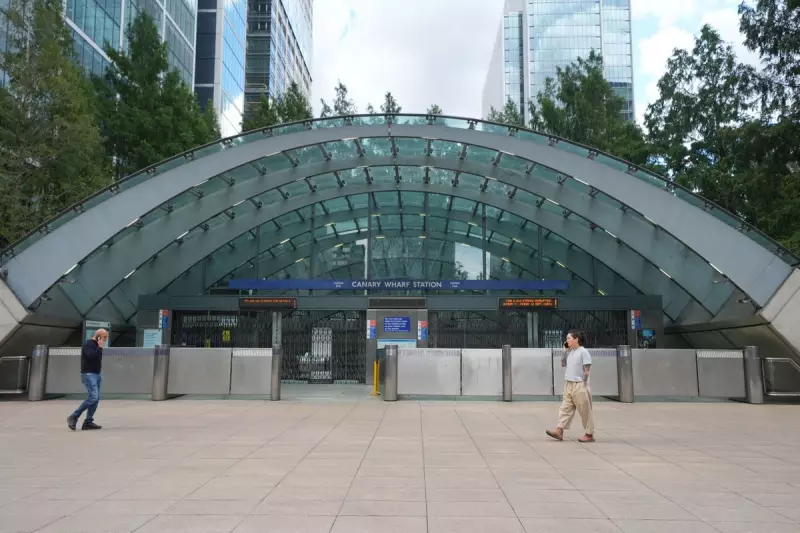
Commuters across London are bracing for two days of severe travel disruption as staff on the Docklands Light Railway (DLR) and London Underground have walked out in a major 48-hour strike.
The industrial action, organised by the RMT union, began on Tuesday and is set to continue until Thursday, causing significant delays and service cancellations on two of the capital's vital transport arteries.
Root of the Dispute
The strike centres on an ongoing pay dispute and concerns over working conditions. RMT members have rejected the latest pay offer from management, which the union has labelled as inadequate amidst the ongoing cost-of-living crisis.
A spokesperson for Transport for London (TfL) acknowledged the disruption, stating, "We urge customers to check before they travel and to allow extra time for their journeys."
Impact on Services
The strike action is having a pronounced effect on services:
- Docklands Light Railway (DLR): Services are severely reduced, with many stations potentially unstaffed and a significantly limited service operating.
- London Underground: While the strike primarily affects staff in specific roles, it is causing knock-on effects, including station closures and reduced frequency on several lines.
Transport officials are advising passengers to consider alternative routes, work from home if possible, and allow for considerable extra journey time throughout the strike period.
What's Next?
The RMT union has stated that the strike is a "last resort" after negotiations failed to yield a satisfactory agreement. The ball is now in the employers' court to return to the negotiating table with an improved offer to resolve the dispute and avoid further action.
For now, Londoners face a difficult commute, highlighting the critical role these transport workers play in keeping the city moving.





